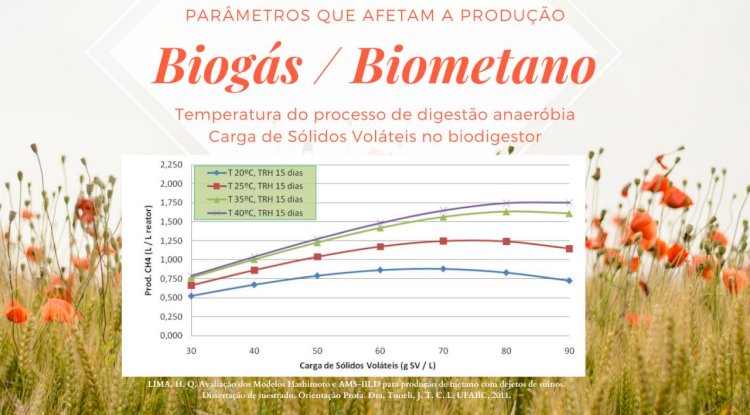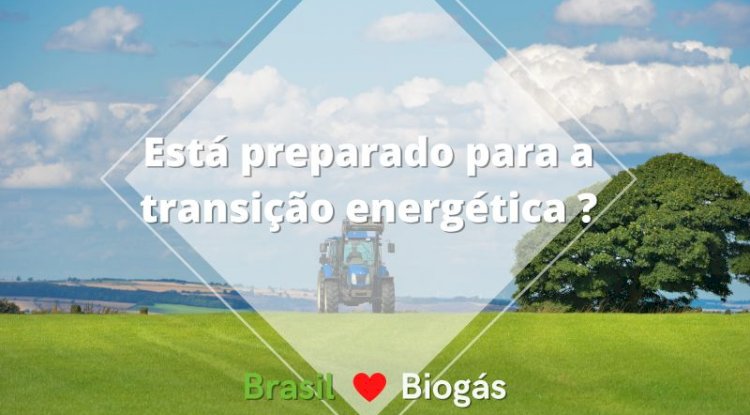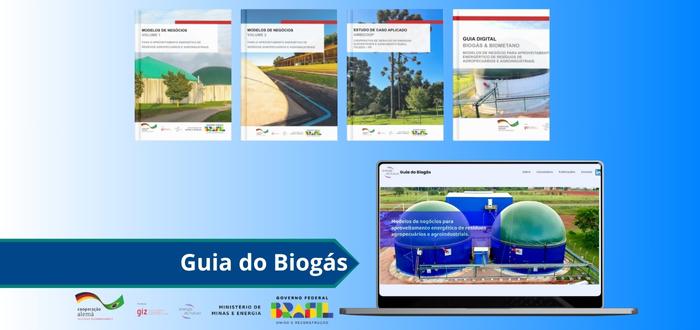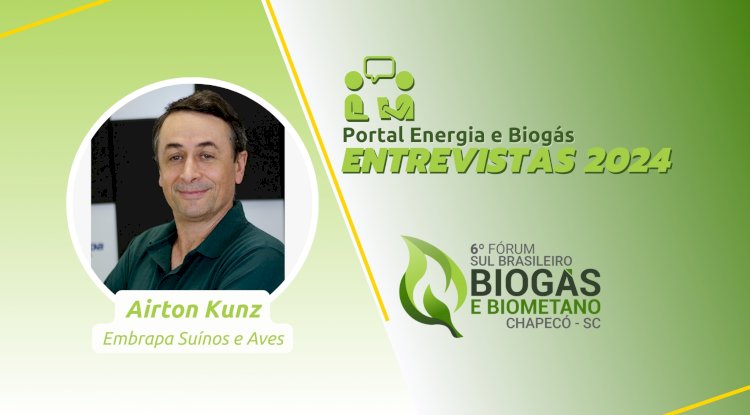Biogas from Manure
Increasing biogas production from manure with the application of pretreatments: a meta-analysis
Article Summary
The article investigates the impact of different pretreatment methods on biogas production from various animal manure sources, such as swine and cattle. Through a meta-analysis of 54 studies, the authors assess how these methods can enhance methane (CH₄) production and the energy potential of waste, highlighting the importance of appropriate pretreatment methods to optimize anaerobic digestion.
The article was published in the Journal of Cleaner Production, Volume 362, Number 15, August 2022.
Authors and Universities
The article was written by:
- Thuane Mendes Anacleto - Federal University of Rio de Janeiro, Brazil
- Helena Rodrigues Oliveira - Federal University of Rio de Janeiro, Brazil
- Vinícius Lacerda Diniz - Federal University of Rio de Janeiro, Brazil
- Vinícius Peruzzi de Oliveira - Federal University of Rio de Janeiro, Brazil
- Fernanda Abreu - Federal University of Rio de Janeiro, Brazil
- Alex Enrich-Prast - Linköping University, Sweden
Key Highlights
- CH4 production from different manure sources varies with different pretreatments.
- Chemical and biological pretreatments increase CH4 production from omnivorous manure.
- Physical and chemical pretreatments increase CH4 production from herbivorous manure.
- Proper pretreatment can enhance CH4 yield by up to ten times.
Article Objective
The objective of this study was to understand the effects of different pretreatments applied to various types of manure and how these treatments contribute to increased methane production and the energy potential of manure.
Identified Problem
The identified problem is the inadequate application of pretreatments due to a lack of focus on the chemical specificities of different types of manure, leading to suboptimal biogas production performance.
Methodology
The methodology consisted of a meta-analysis of 54 studies published between 1945 and 2020, involving a search for peer-reviewed articles. The authors classified different pretreatment methods into five categories and calculated the increase in methane production by comparing treatments with controls through statistical analyses.
Results
The results showed that chemical and/or biological pretreatments were more effective for omnivorous animal manure, while physical pretreatments and the combination of physical and chemical methods had negative effects on CH₄ production. For herbivorous manure, physical and chemical treatments improved methane production, while biological treatments had a negative effect.
⇒ Tune in to Biogas: listen to podcast episodes
Conclusion
The article concludes that choosing the right pretreatment can more than double the energy recovered from manure, enabling significant fossil fuel substitution, reducing operational costs, environmental risks, and increasing profitability. The study also highlighted a disparity in research on manure pretreatments between developed and developing countries, emphasizing the need for public policies to encourage sustainable manure management and biogas utilization.
Access the Full Article
Scientific Dissemination: for more detailed information on the methodology used and biogas potential values, among other details, access the full article:
⇒ Follow the Portal Energia e Biogás channel on WhatsApp!
Bibliographic Reference
ANACLETO, Thuane Mendes et al. Boosting manure biogas production with the application of pretreatments: A meta-analysis. Journal of Cleaner Production, v. 362, p. 132292, 2022. DOI: 10.1016/j.jclepro.2022.132292
All rights reserved - Portal Energia e Biogás®.



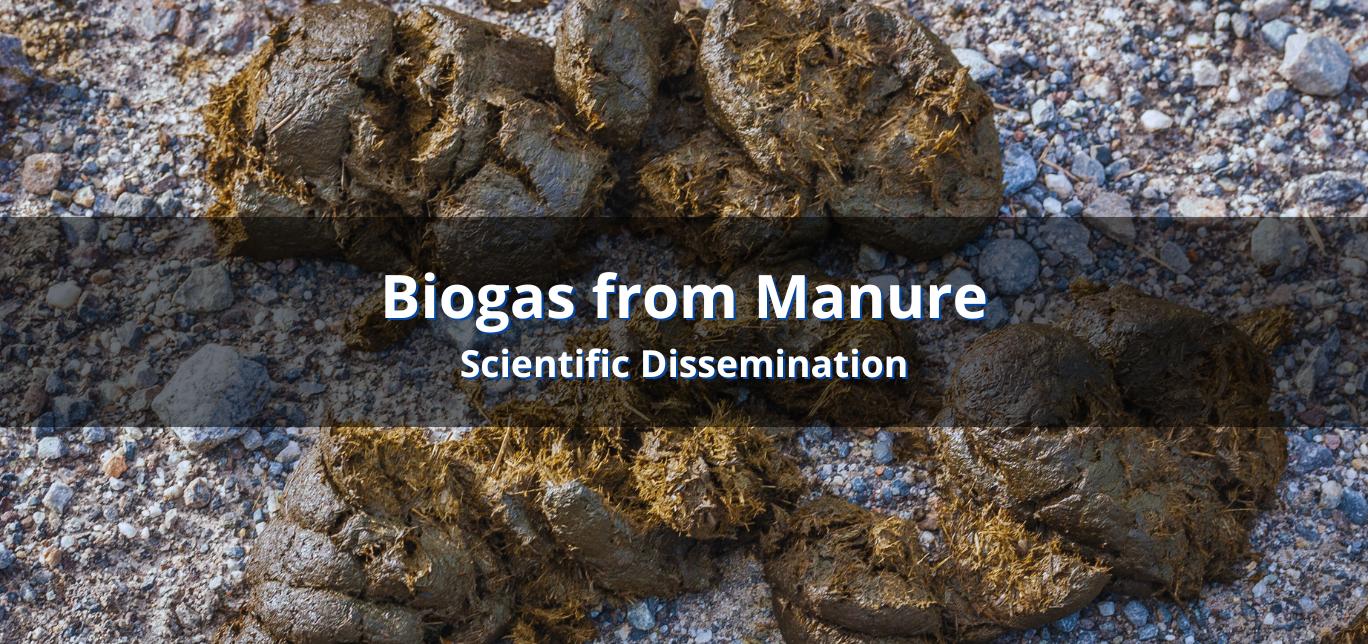
 Paraná consolida "Corredores Sustentáveis"
Paraná consolida "Corredores Sustentáveis"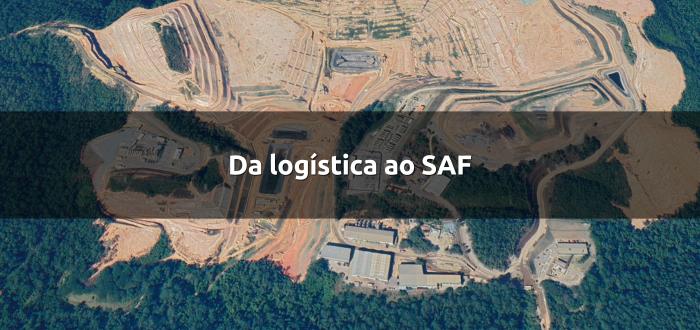 Da logística ao SAF
Da logística ao SAF Goiás avança na transição energética com 501 novos ônibus a biometano
Goiás avança na transição energética com 501 novos ônibus a biometano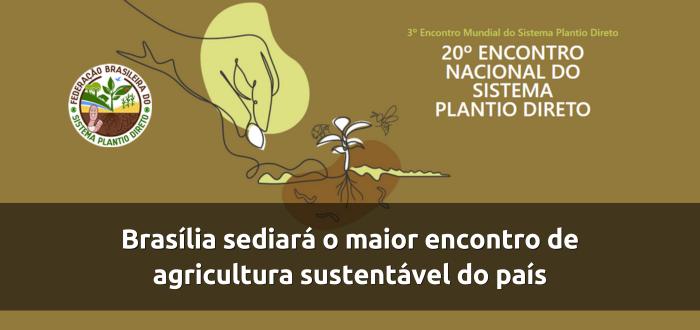 Brasília sediará o maior encontro de agricultura sustentável
Brasília sediará o maior encontro de agricultura sustentável Plataforma Biogás Jobs
Plataforma Biogás Jobs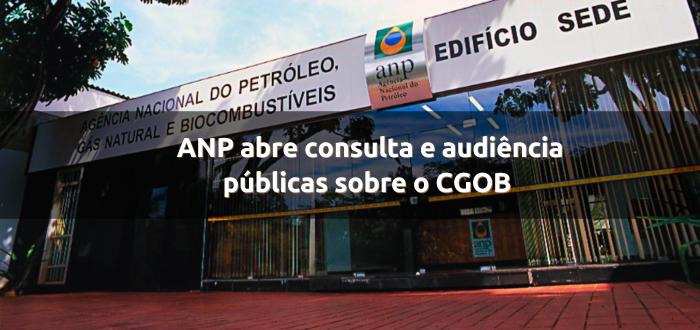 ANP abre consulta e audiência públicas sobre o CGOB
ANP abre consulta e audiência públicas sobre o CGOB Resíduos cítricos darão origem à maior usina de biogás do mundo
Resíduos cítricos darão origem à maior usina de biogás do mundo CGOB: Quem vai pagar a conta da descarbonização?
CGOB: Quem vai pagar a conta da descarbonização?



